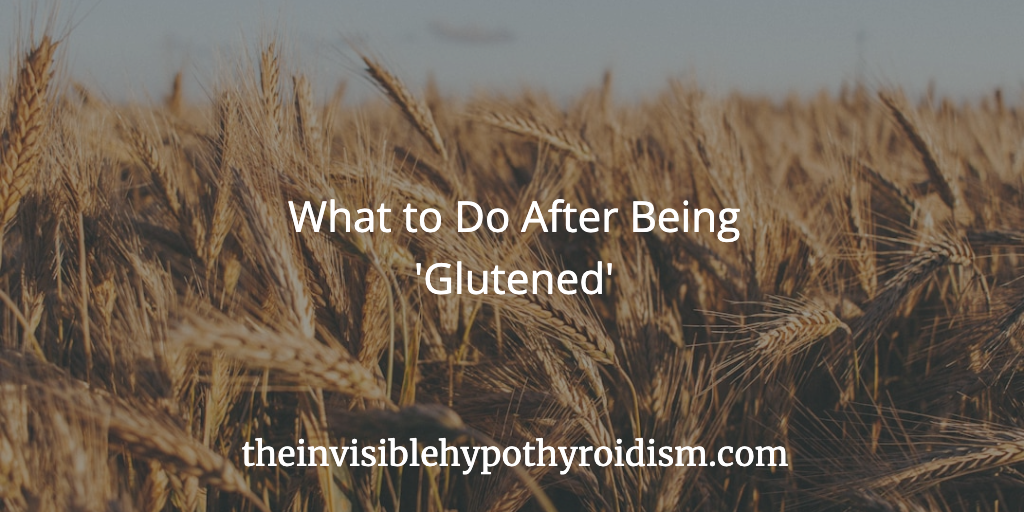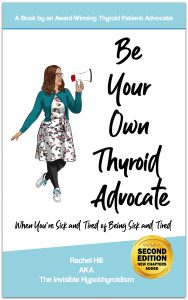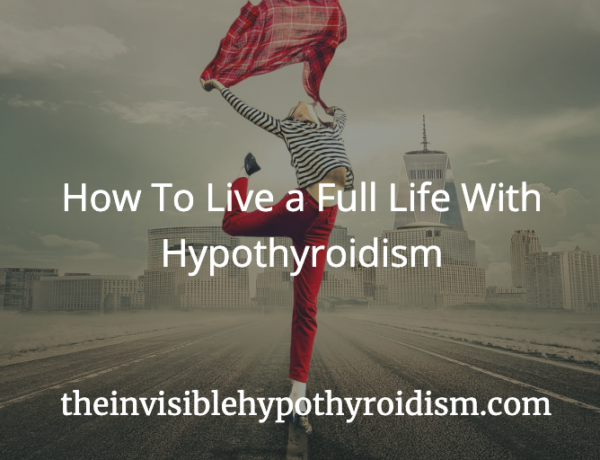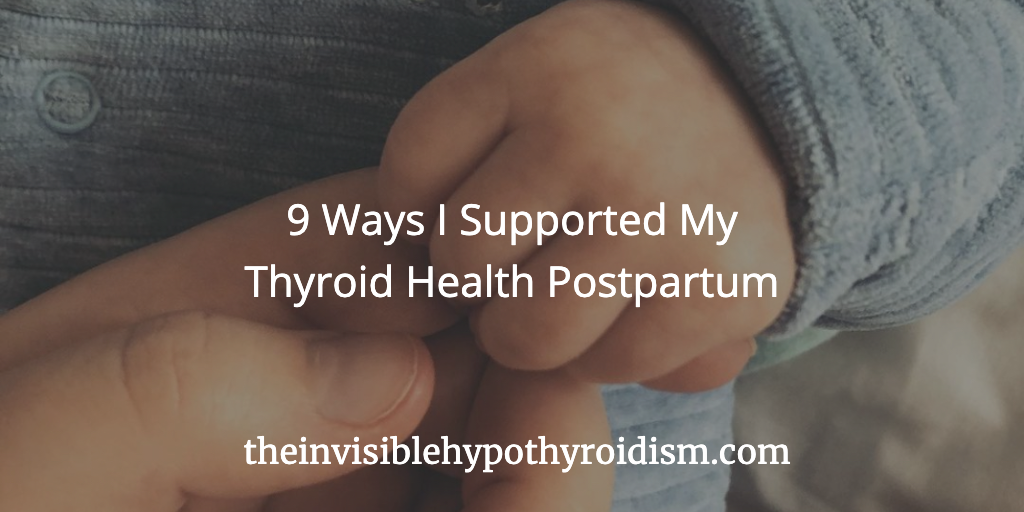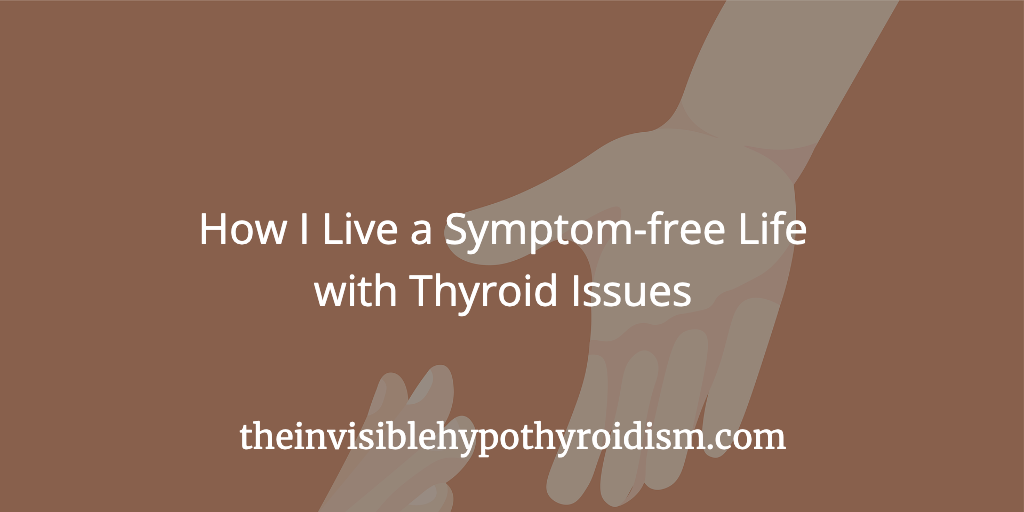Originally published on 13th March 2018 Last updated on 11th March 2024
For many autoimmune hypothyroid patients (around 90% of us with hypothyroidism [1]), following a gluten-free diet and lifestyle is key to helping them feel better and manage their condition more effectively.
But what should you do if you’re ‘glutened’ by mistake?
First of All, Try Not to Beat Yourself up About It
Whether someone else has glutened you, despite you quizzing them on ingredients, or whether you’ve accidentally glutened yourself, being hard on yourself afterwards isn’t going to help. What you need to do now is focus on getting your body over it as soon as possible.
For many of us, eating gluten causes pesky symptoms such as nasty toilet experiences, acne, heart palpitations, wind, bloating, brain fog and mood swings to name just a few. So trying to overcome those as soon as possible is really important in getting your health back on track.
Drink Plenty of Water
Doing this help to flush the gluten through your system quicker and keep you hydrated if you’re having bad toilet trips from being glutened.
If ingesting gluten causes you constipation, bloating or wind, you can also try hot drinks such as half a lemon freshly squeezed in to some water, or herbal tea, as these can help to move things along. Lemons also contain antioxidant compounds that may activate detoxifying enzymes.
Eat Chia Seeds
Chia seeds are also great for getting your bowels moving, so you can add these simple seeds to your food for the next few days to help your body expel the gluten. They’re also quite high in anti-inflammatory omega-3 fatty acids, which help to reduce the inflammation caused by ingesting gluten. Inexpensive and simple enough to scatter or mix into everything, it’s definitely worth adding to your meals or snacks.
Incorporate Turmeric and Ginger
Turmeric and ginger are great natural and inexpensive anti-inflammatories. Ginger can even help to ease stomach cramping.
You can take them in tea, hot water or smoothies.
Get Your Bone Broth Down You
Drinking Bone broth may be helpful as it is high in anti-inflammatories and amino acids and may support gut health, which can get disrupted by being glutened.
Take Probiotics
Probiotics are helpful when taken daily anyway, as they help our guts and support the immune system. You may want to increase your probiotic intake for a few days after gluten ingestion.
Get Digesting
Digestive enzymes help to speed up the breakdown and absorption of macronutrients, so you can take an enzyme to help move things along. Dipeptidyl peptidase (DPP-IV) can help to break down gluten specifically.
Rest and Recuperate
If being glutened has caused heavy fatigue, inflammation leading to painful joints, achy muscles or even brain fog, remember to listen to your body and rest if you need it. Being glutened can cause your thyroid condition to flare up.
We often push ourselves more than is ideal and can cause a setback in our health. So listen to your body.
Gluten sensitivity as well as Coeliac’s disease can really wreak havoc on our bodies. I hope you’re feeling better soon!
Do you have any tips to add yourself?
See also:
The book Be Your Own Thyroid Advocate: When You’re Sick and Tired of Being Sick and Tired, which has all of the MUST-NEED thyroid info!
References:
[1] https://www.ncbi.nlm.nih.gov/pubmed/3066320

